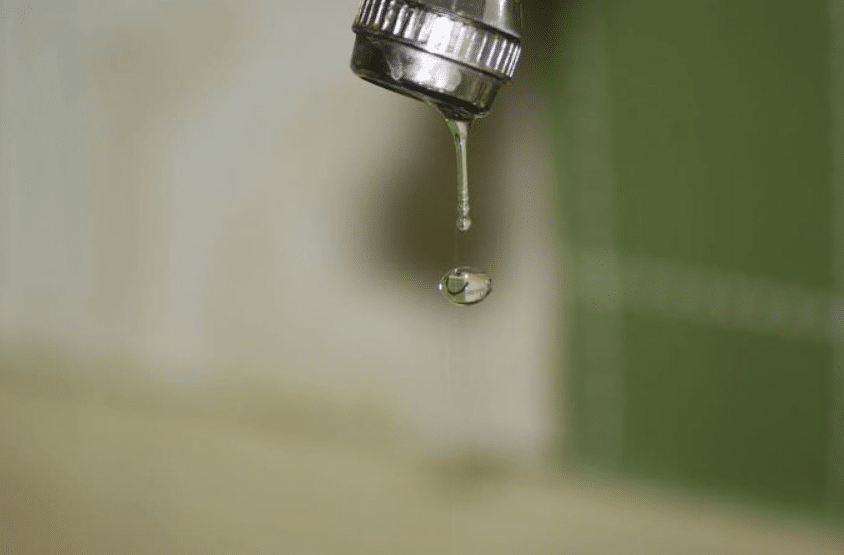In this article below you can find additional great facts in regards to How to detect water leaks in your home.

Leakages not only trigger waste of water however can likewise trigger unnecessary damages to your residence and also advertise undesirable organic growth. Unfortunately, water leakages could go undetected because the majority of the pipework in our house is hidden. By looking and recognizing for daily circumstances that create leaks, you can safeguard your residence from future leakages and unneeded damages. Today, we will certainly take a look at six leakage triggers that may be creating your pipes to trickle.
Encroaching origins
Many water leaks begin outside the house as opposed to inside it. If you notice an abrupt decrease in water stress, say in your faucet, take some time to head out and analyze your yard. You may notice damp patches or sinkholes in your lawn, and that may suggest that tree roots are attacking water lines triggering water to permeate out. You can have your plumber check for invasion, specifically if you have trees or shrubs near your building.
Corroded water systems
This could be the cause of discoloration or warping on your water pipelines. If our plumbing system is old, consider replacing the pipelines since they are at a higher risk of corrosion than the newer designs.
Faulty Pipeline Joints
The factor at which your pipelines attach is regularly the weakest link in the waterline. Pipe joints can deteriorate with time, leading to water leaks. The majority of pipe joints are not easily noticeable. If you have loud pipes that make ticking or banging noises, specifically when the hot water is activated, your pipeline joints are probably under a lot of pressure. It is recommended to have your plumber examine your system once a year.
Instant temperature adjustments.
Extreme temperature level modifications in our pipes can create them to increase as well as contract all of a sudden. This growth and tightening may cause splits in the pipes, specifically if the temperature level are below cold.
Poor Water Connectors
At times, a leakage can be triggered by loose pipes and pipelines that supply your devices. Typically, moving is what creates the loose water Links. You may locate in the case of a cleaning machine, a hose may spring a leakage because of drinking during the spin cycle. In case of a water connections leakage, you may notice water running directly from the supply line or pools around your devices.
Clogged Drains
Clogged drains could be irritating as well as inconveniencing, however they can occasionally end up triggering an overflow bring about burst pipes. Maintain eliminating any type of products that might go down your drains that could block them to prevent such troubles.
All the above are sources of leaks but not all water leaks result from plumbing leaks; some leaks may come from roofing system leaks. All leaks must be fixed quickly to stay clear of water damages.
Leakages not just create waste of water yet can also cause unnecessary damage to your house and promote undesirable natural development. By recognizing and also looking for daily circumstances that create leakages, you can secure your residence from future leakages and unnecessary damages. Today, we will certainly look at 6 leakage creates that might be creating your pipes to drip.
At times, a leakage can be created by loosened tubes and also pipelines that provide your home appliances. In instance of a water connections leakage, you may see water running directly from the supply line or pools around your devices.
How To Check For Water Leak In Your Home
How To Check for Leaks
The average household's leaks can account for nearly 10,000 gallons of water wasted every year and ten percent of homes have leaks that waste 90 gallons or more per day. Common types of leaks found in the home are worn toilet flappers, dripping faucets, and other leaking valves. These types of leaks are often easy to fix, requiring only a few tools and hardware that can pay for themselves in water savings. Fixing easily corrected household water leaks can save homeowners about 10 percent on their water bills.
To check for leaks in your home, you first need to determine whether you're wasting water and then identify the source of the leak. Here are some tips for finding leaks:
Take a look at your water usage during a colder month, such as January or February. If a family of four exceeds 12,000 gallons per month, there are serious leaks.
Check your water meter before and after a two-hour period when no water is being used. If the meter changes at all, you probably have a leak.
Identify toilet leaks by placing a drop of food coloring in the toilet tank. If any color shows up in the bowl after 10 minutes, you have a leak. (Be sure to flush immediately after the experiment to avoid staining the tank.)
Examine faucet gaskets and pipe fittings for any water on the outside of the pipe to check for surface leaks.
Undetected water leaks can happen without the home or business owner even realizing. If you suspect a water leak, but not able to find the source. It is time to contact a professional water leak detection service, The Leak Doctor.
How To Find a Water Leak In Your Home
https://www.leakdoctor.com/blog/How-To-Check-For-Water-Leak-In-Your-Home_AE197.html

As a fervent person who reads on How to detect water leaks in your home, I imagined sharing that article was smart. Sharing is good. You won't know, you may very well be helping someone out. We treasure reading our article about Common Water Leaks In House.
Click Here